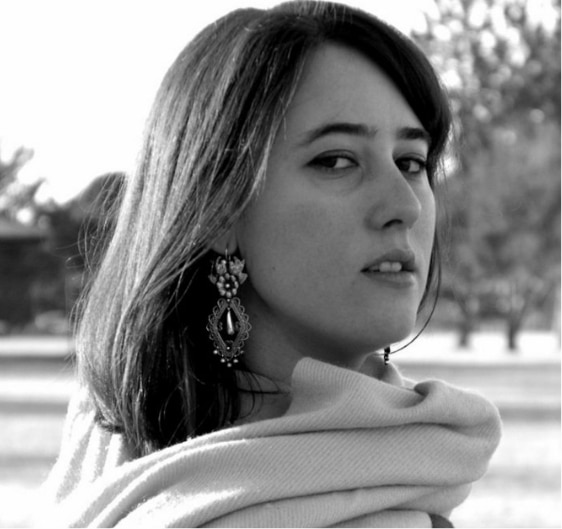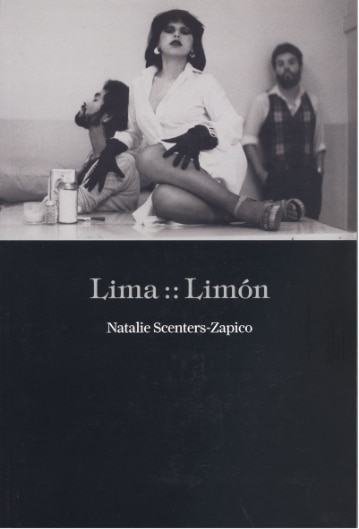
Natalie Scenters-Zapico is a fronteriza from the sister cities of El Paso, Texas, USA, and Ciudad Juárez, Chihuahua, México. Her first collection, The Verging Cities (2015), won the PEN America/Joyce Osterweil Award, GLCA’s New Writers Award, NACCS Foco Book Prize, and Utah Book Award. Lima :: Limón is her second collection. She has won fellowships from the Lannan Foundation, CantoMundo, and a Ruth Lilly and Dorothy Sargent Rosenberg Fellowship from the Poetry Foundation. Her poems have appeared in a wide range of anthologies and literary magazines, including Best American Poetry 2015, POETRY, Tin House, Kenyon Review, and more. She is currently teaching at the University of Puget Sound in Tacoma, Washington, USA.

Judges’ Citation
There is a driving, deliberate, righteous indignation to Lima :: Limón, a force that that will unsettle many readers though it is tempered with a mature and forgiving undersong of empathy and love.
There is a driving, deliberate, righteous indignation to Lima :: Limón, a force that that will unsettle many readers though it is tempered with a mature and forgiving undersong of empathy and love. Natalie Scenters-Zapico is a fronteriza, a frontier dweller, a woman shaped by the contending cultures of Mexico and the USA. Her unflinching gaze is turned on machismo and marianismo, and the quotidian reality of community in crisis, in an elegant poetry that speaks through masks both sacred and profane. The shadow of femicide is never far, but the poet finds a redemptive magic in the voices of the mutilated, in the traditions of ancestors, in the salvific powers of language, in poems pushed to the very edge of what can be said.
Selected poems
by Natalie Scenters-Zapico
I want to be the lemons in the bowl
on the cover of the magazine. I want
to be round, to be yellow, to be pulled
from branches. I want to be wax, to be
white with pith, to be bright, to be zested
in the corners of a table. I want you
to say my name like the word: lemon.
Say it like the word: limón. Undress me
in strands of rind. I want my saliva to be
citrus. I want to corrode my husband’s
wedding ring. I want to be a lemon
with my equator marked in black ink –
small dashes to show my shape: pitted & convex.
Copyright © 2019 by Natalie Scenters-Zapico
Lima Limón :: Infancia
A sheet cake soaked in milk & left suspended. She had no decorations, so she placed a sugar bowl on top. She placed her man at the head of the cake & told him to close his eyes & relax: Lean back, mi rey, you deserve comfort at the head of my cake. She wanted to capture the cake before it was consumed, so she called her brother-in-law & asked him to stand behind the cake for good balance. She jumped on top of the cake, folded her legs like Minnie Mouse & told everyone to be cool, this cake was going to be in a movie. She was going to call it À la Mode & this was to be the opening scene. But there’s no ice cream, her man said. No, my body is the ice cream, she said & pursed her lips for the camera until her mouth became a dark wound. Her man, who adored her again for a minute, said: You’re so dumb, clean up this kitchen already, da asco. She waited for the hot water to run & poured a cap full of bleach in the sink. She cried: All my movies are no movies. All my movies are not mine.
Copyright © 2019 by Natalie Scenters-Zapico